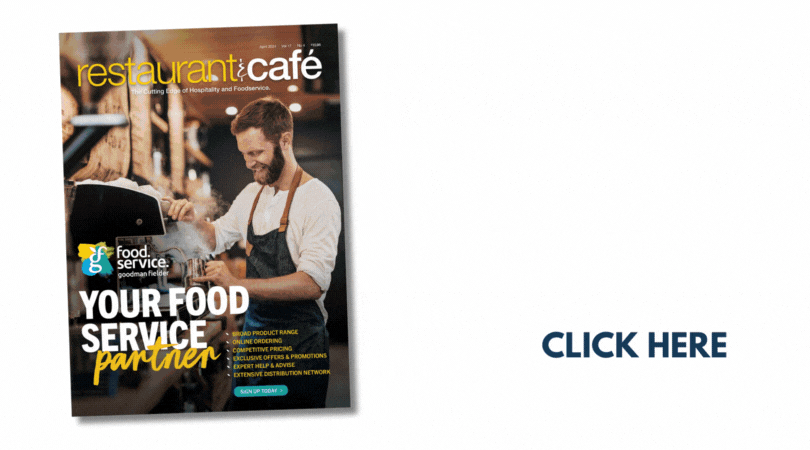The economy, healthcare and education will be at the centre of the national agenda this upcoming election, with new data suggesting most New Zealanders are on the same page when it comes to their concerns and frustrations.
Commissioned by OneChoice in partnership with consumer research group CoreData, the Kiwi Concerns 2023 Report surveyed more than 1,000 New Zealanders. Respondents were asked a range of questions about their concerns and frustrations, revealing widespread concerns about the government’s ability to manage the rising cost of living and provide quality healthcare and education.
According to the findings, nearly two-thirds (65 percent) are experiencing higher levels of stress and anxiety now than at the start of last year as a result of uncertainties they are facing these days, and when asked to rank their level of overall concern, New Zealanders achieved an average index score of 68.1 out of 100, demonstrating moderate concerns that approach very concerned which registers at a score of 75.
The report found that across various backgrounds that the topics of finances, health, and the future of work and education are top of mind for nearly all New Zealanders as they hit the ballot box, with over three-quarters (76 percent) feeling that Kiwi voices aren’t being heard by the government.
According to the survey, the top ten concerns among New Zealanders include:
- The rising cost of living (75.8 index score)
- Economic management and easing the rising cost of living (72.2 index score)
- Impact of work on life and well-being (71.8 index score)
- Timely access to quality healthcare (71.0 index score)
- The quality of education (70.9 index score)
- Exposure to online or phone scams (70.6 index score)
- Law enforcement and tackling youth crime (70.5 index score)
- Wage growth not in line with the rising cost of living (70.4 index score)
- Cost of staying healthy and living a healthy lifestyle (70.2 index score)
- Rising interest rates (70.1 index score)
Gen Z (73 percent) and Gen Y (72 percent) are currently feeling more stressed and anxious when compared to the start of last year due to uncertainties they are experiencing these days. This is higher than Gen X (57 percent) and Baby Boomers (57 percent). Finances could be a driving force behind this, with almost a third of Gen Z (32 percent) and Gen Y (26 percent) ranking finance as their greatest overall concern, while health and wellbeing issues are the top concern among Gen X (24 percent) and Baby Boomers (22 percent). Women are also more concerned overall than men, achieving an average index score of 70.1 versus 66.2.
“This survey identifies people’s real dissatisfaction, which the political parties must hear and address in the election campaign,” says political commentator, Dr. Grant Duncan.
“New Zealanders experience the effects of the rising cost of living in many ways – through their personal health and fitness, education and training, and ability to devote time to family, not just at the supermarket checkout. These are the issues that will be on voters’ minds at the ballot box in October,” said Duncan.
Few topics will set the scene for the election, like the state of the economy, with almost three-quarters (72 percent) of New Zealanders feeling very or extremely concerned about the government’s ability to manage the economy to ease the rising cost of living.
In fact, many are very or extremely worried about the rising cost of living (76 percent), wage growth not aligning with the rising cost of living (68 percent), rising interest rates (67 percent), and rising property prices (66 percent).
The public health system is another gripe for New Zealanders this election, with more than three-quarters (76 percent) doubting Te Whatu Ora’s ability to ensure the quality of healthcare. The general theme of health and well-being has emerged as the greatest overall concern felt by the population in the lead-up to the election, with an average ranking score of 6.4 out of 10.
With the cost of living rising, over nine in ten (93 percent) have already cut back on their spending on health-related products and services, with almost half worrying about affording allied health services (47 percent), GP doctor appointments (46 percent), unexpected costs (45 percent) and a further two-fifths concerned they cannot pay for appointments with medical specialists (42 percent) and dentists (42 percent).
Dr. Duncan added that New Zealanders are experiencing pressures on their wellbeing, healthcare and education.
“The issues are complex, when we consider rising crime and declining educational standards – all coming at them at once.”
Looking ahead, the future career opportunities in New Zealand are also a major issue for voters this election, with over two-thirds (69 percent) very or extremely worried about a lack of job availability and high unemployment rates (66 percent) and future job security and market stability.






